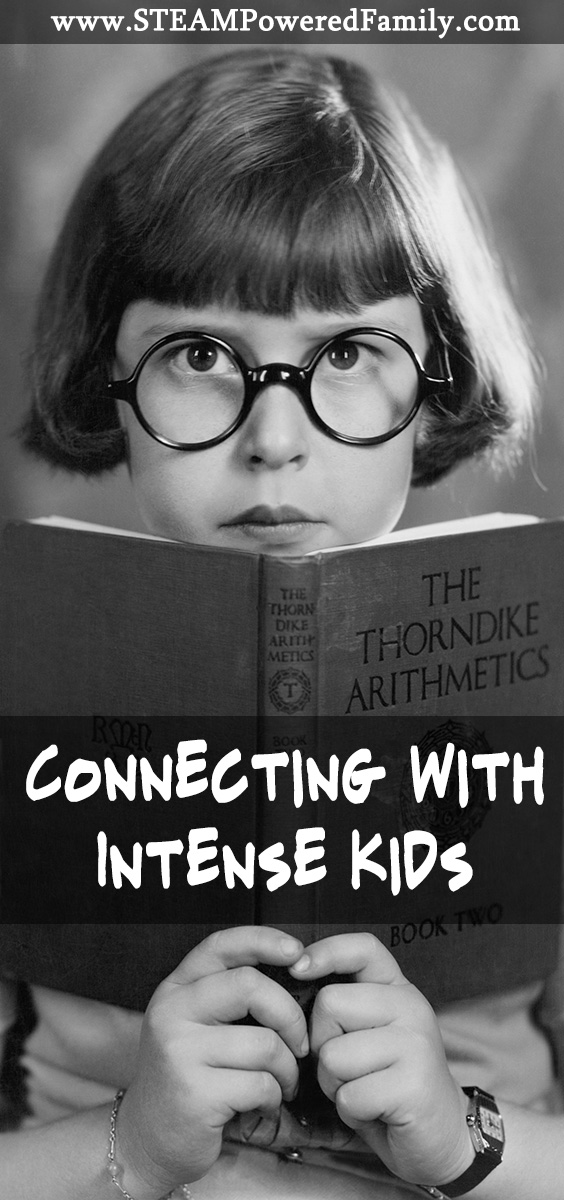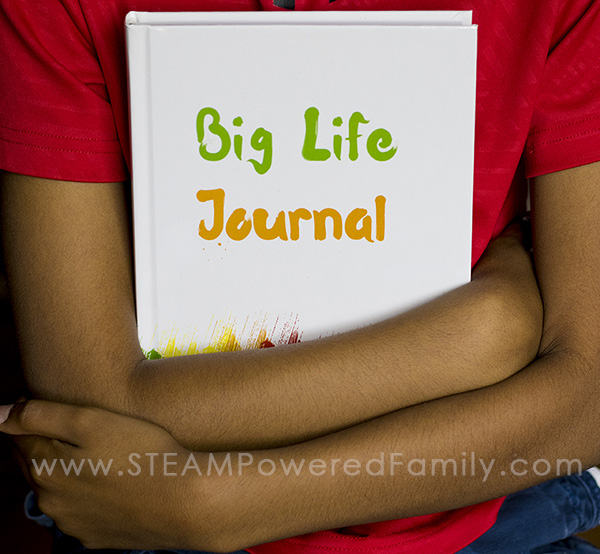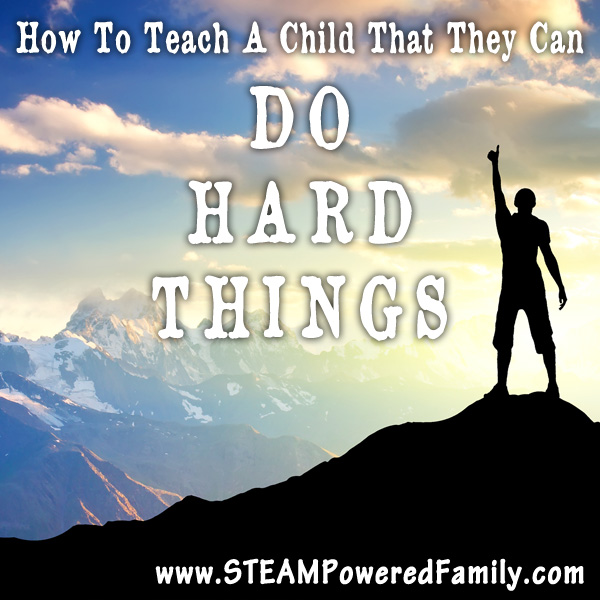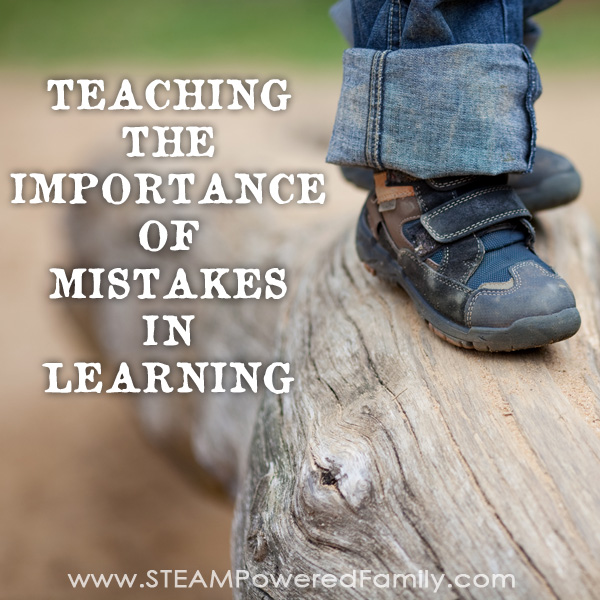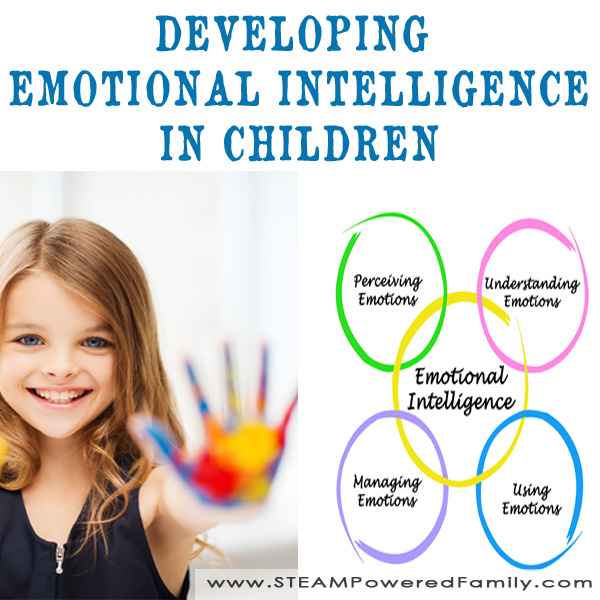Connecting With Intense Kids – for Parents and Educators
Intense. It’s the only way to describe my son. Sure I could use moody, sensitive, emotional, but it’s more. So much more. There is an energy with him that can only be described as intensity. It isn’t a developmental stage, he has been like this from the moment he was born. A truly intense child can be draining, it never changes, and traditional parenting techniques don’t work with these kids. But when I can funnel this intensity, this child can change the world.
Understanding Intensity in Childhood
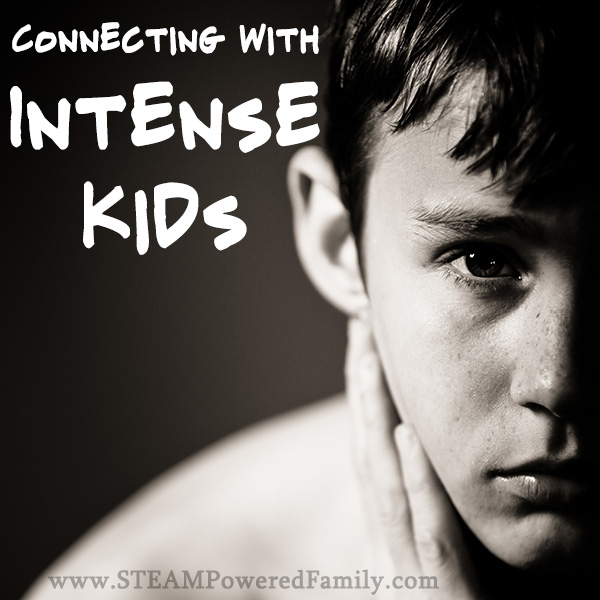
Disclaimer: This article may contain commission or affiliate links. As an Amazon Influencer I earn from qualifying purchases.
Not seeing our videos? Turn off any adblockers to ensure our video feed can be seen. Or visit our YouTube channel to see if the video has been uploaded there. We are slowly uploading our archives. Thanks!
The first 18 months of his life, he didn’t sleep for more than 2 hours at a time.
By three he was questioning the validity of Santa and suddenly understood that there are orphaned children in our world – alone, growing up without parents and people to love them.
In school he became angry at the injustices he perceived in the way children were taught and treated. He developed anxiety and OCD ticks. It was also at this age we had him tested and confirmed he was gifted. Intensity and being gifted often co-exist.
As we approached double digits he would become overwhelmed, falling to the floor in a heap as emotions too great for his mind flooded through his body. It was like having a 2 year old, in a very, very large body.
Now as a tween, he debates and argues every… little… thing. Being contrary seems to be his SOP at the moment. Oh, and he is still known to fall on the floor.
His emotions run rampant, always on the extreme end of the spectrum. The psychologist said the biggest struggle for him, is that his mind understands the world at the level of person 10 years his senior, but his emotions are still that of a child. When she said that, suddenly things started to make a little more sense with my kid.
It’s a constant battle between IQ and EQ. My son is an intense kid.
Understanding how to connect through that intensity to the amazing person he is, can be a challenge. Especially when it’s a constantly moving target that changes as he ages and develops. But there is hope.
This is a great article on managing the chaos of parenting intense kids.
Identifying Intensity in Kids
First up we need to understand the difference between intense children and a child that is just misbehaving and pushing buttons. I have a button pusher too. My youngest son LOVES to misbehave and “poke the bear” to get reactions, but he is so far from intense. In fact, he is laid back, easy going, there is a gentleness about his energy that could never be mistaken for intensity. Strangers comment on it. It is such an obvious part of his being, even those just meeting him can sense the gentle spirit that he is.
But my oldest, you can feel it. It’s part of his basic essence. This intense energy emanates from him. That battle within him between his mind and emotions can be felt by those around him. It comes across in his movements, his tone, his eye contact, his choice in words. It’s woven deeply through him. Even when he is at his most calm and peaceful, there is an intense energy, as if you can feel the waves caused by the constant racing and workings of his mind.
This is a fantastic article on helping to identify intensity.
Developing Emotional Intelligence and a Growth Mindset
The imbalance between EQ and IQ is often a driving force behind the volatility of intense kids. Finding ways to help foster and grow their Emotional Intelligence can be a huge help in regulating those emotional roller-coaster rides. I wrote about some of our strategies for developing emotional intelligence in kids here. These strategies are not quick fixes, but something to incorporate throughout childhood to constantly reinforce the concepts.
As part of developing emotional intelligence, another key skill is to build a growth mindset. I love using our Big Life Journal for this. It’s one of the best tools in our “intensity toolkit”. It is written in an accessible way that doesn’t talk down to smart kids. Instead it inspires and shows them the path to growth. Most of all, it walks them through how to funnel their own intensity to create more positivity and happiness in our world.
Learn more about our Growth Mindset Journal here.
Trauma, Intensity and Overexcitabilities
What is interesting in our lives, is that our intense child, is not our child who experienced so much trauma. Intensity is part of a child’s make up before the trauma. Although trauma can alter the wiring of the brain, I believe true intensity goes beyond what trauma can do to the brain.
However, those that have intensity and are gifted, can be more profoundly affected by trauma because they experience it more deeply. Their sensitivity and ability to process things in a heightened way, can cause trauma to have a more extensive impact on a person.
The leading researcher in this regard is psychiatrist Kazimierz Dabrowski. He identified what he called overexcitabilities in his theory of positive disintegration.
There are five categories of overexcitabilities – psychomotor, sensual, emotional, intellectual and imagination. Understanding which of these impacts your child can help you turn struggles into successes. For instance, my son is very intense with his imagination. He can turn an ingrown toenail into a death sentence. So we funnel that energy into creative pursuits like making videos, writing books, creating video games and art. He needs constant positive outlets for this area of intensity and overexcitability.
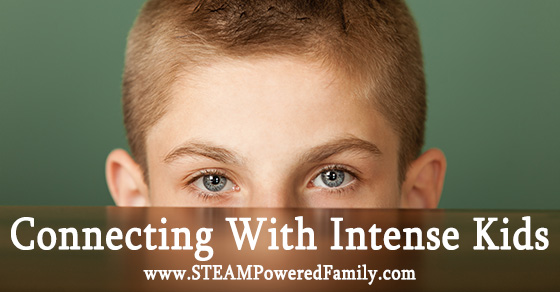
Funneling the Intensity in Kids
The biggest thing I have discovered is that I need to help guide my son to find ways he can use his intensity positively and give him an outlet for all of the energy he has as part of his intensity. This may seem simple, but it’s a constantly moving target. Which overexcitability is strongest changes as he grows and matures. I need to be quick on my feet and able to think beyond the immediate crisis or struggle to focus on the big picture.
The Body
It’s important that I ensure he gets lots of physical exercise, but unlike his peers, exercise, no matter how much, will never wear him out. This is a child that has never slept in the car, not even as an infant. No matter how hard he plays or exercises, it will not help him fall asleep faster or easier. He can not be worn out through play or exercise, but he still needs that input. We try all kinds of different sports and activities to meet these physical needs. Now he is older, I let him pick and it changes every few months. Not only does he need the physical challenges, he craves the mental challenges involved in learning new activities.
The Mind
His mind is where we really focus our attention. The biggest challenge with our intense kid is that he needs to understand why he is doing something. There needs to be an end goal and purpose that makes sense. We spend a lot of time finding ways to motivate him, teaching him the value of mistakes and failure, and helping him believe that he can do hard things.
Because if there is one thing I have discovered parenting and educating an intense child, it’s that mistakes and failure are catastrophic in their minds. Negative self talk can take over. Their intensity, with the wrong mindset, can take them away from positive pursuits and instead leave them focusing on the negatives. This can lead to depression, anxiety and other mental health struggles.
It’s important that we help guide him to have a positive, growth, mindset and that we help him through his struggles and failures. Being intense means he won’t let things slide off his back. He will hold on to it. Fuss with it. Stress over it. Turning it into a really big deal.
We need to be there with him, teaching him how to cope and move through these struggles. He needs to know he is not alone. If we can help him through the struggles, he has all the energy and passion in the world to take on challenges that many would fear to tackle.
Intensity – Moving Forward And Why You Need A Village
The other day I was exhausted from parenting my intense kid. I was feeling attacked and raw. Then I realized we needed our village. I reached out to friends, other moms of intense kids. It felt better to not be alone. To have our struggles understood, accepted and not judged.
Then I arranged for some time for my son to connect with his friends who understand and accept him with all of his intensities. With summer he had been isolated and away from his friends. Everyone had left for the summer and he was missing those connections. He felt better not being alone.
Final Thoughts On Connecting With Intense Kids
There are so many facets to intensity, and if one area is lacking, it can affect the whole child. As I navigate this journey with my son, I make it a point to talk to him about his intensity. To educate him about what is different and special about him. Show him how his mind is different, but that this can be his super power in life.
We talk about the people who have achieved great things with their intensity. Athletes, scientists, even people like Sheldon Cooper who my son loves because they are often so much alike. Their intensity drives them to do amazing things but it can get a little slippery if the intensity spins out of control.
But most of all, I make it very clear that he is never alone and he always has a safe place when his intensities collide with the intensities of our world. We are here for him. His friends are here for him. We see past the intensity to the amazing, passionate, loving, dedicated person he is. Most of all, we are in this together.
Because at the end of the day the intensity can be overwhelming. But I need to remind myself that not only is it overwhelming for me as the parent and educator, but it’s also overwhelming for him too. There is a lot going on in his mind and body, and he needs help learning how to funnel that intensity so he can achieve success and happiness in life.
HELPFUL BOOKS
